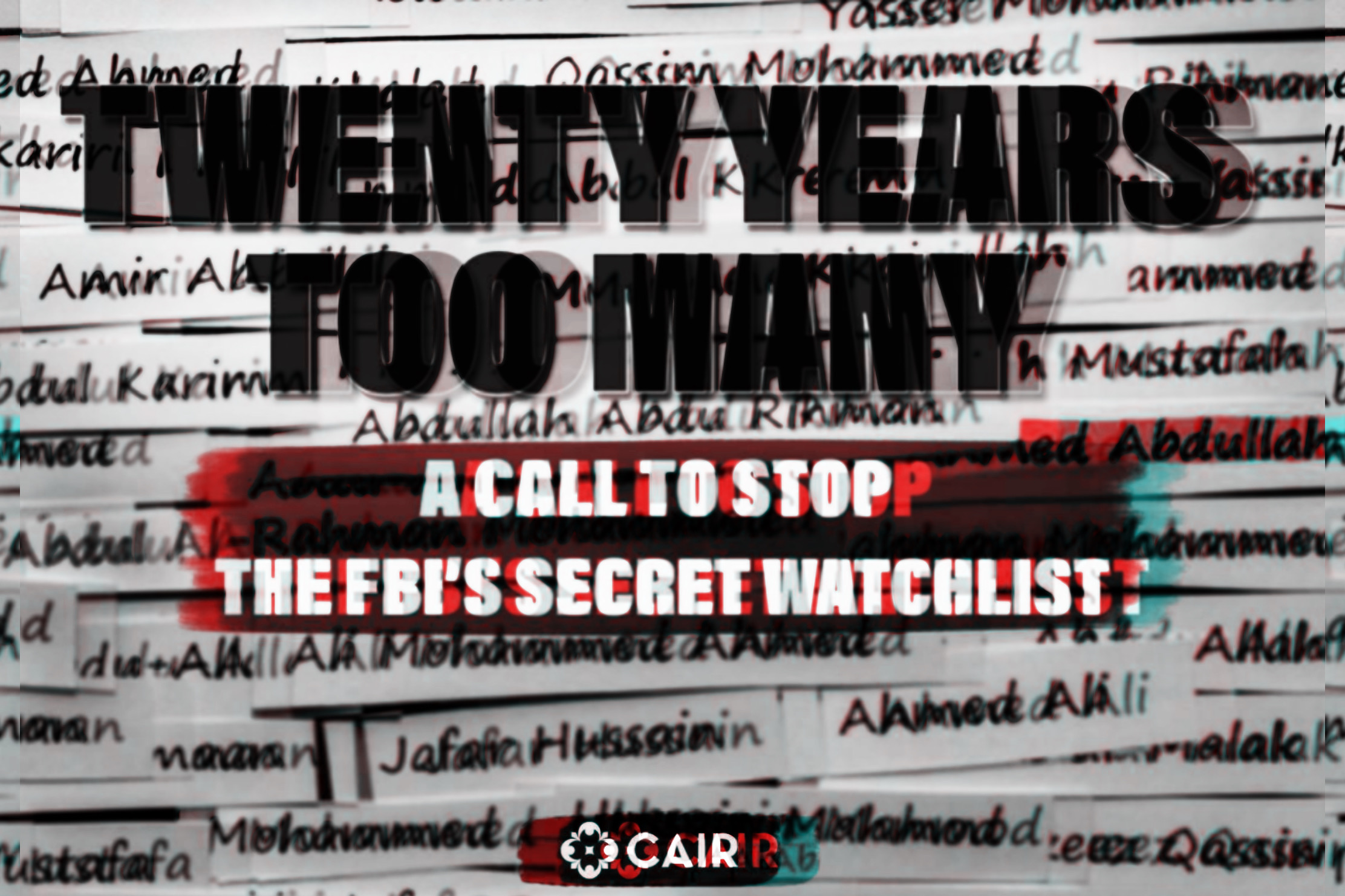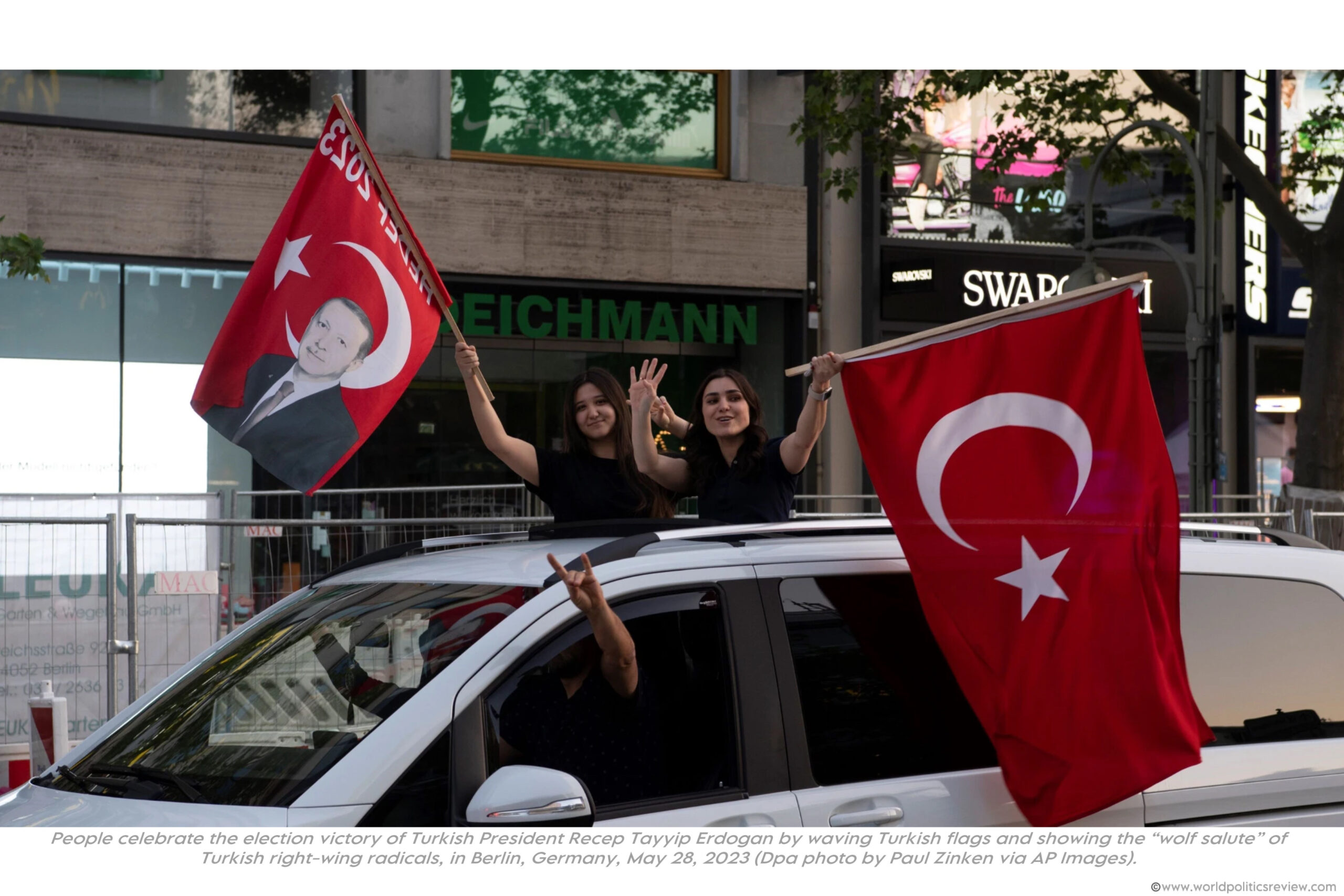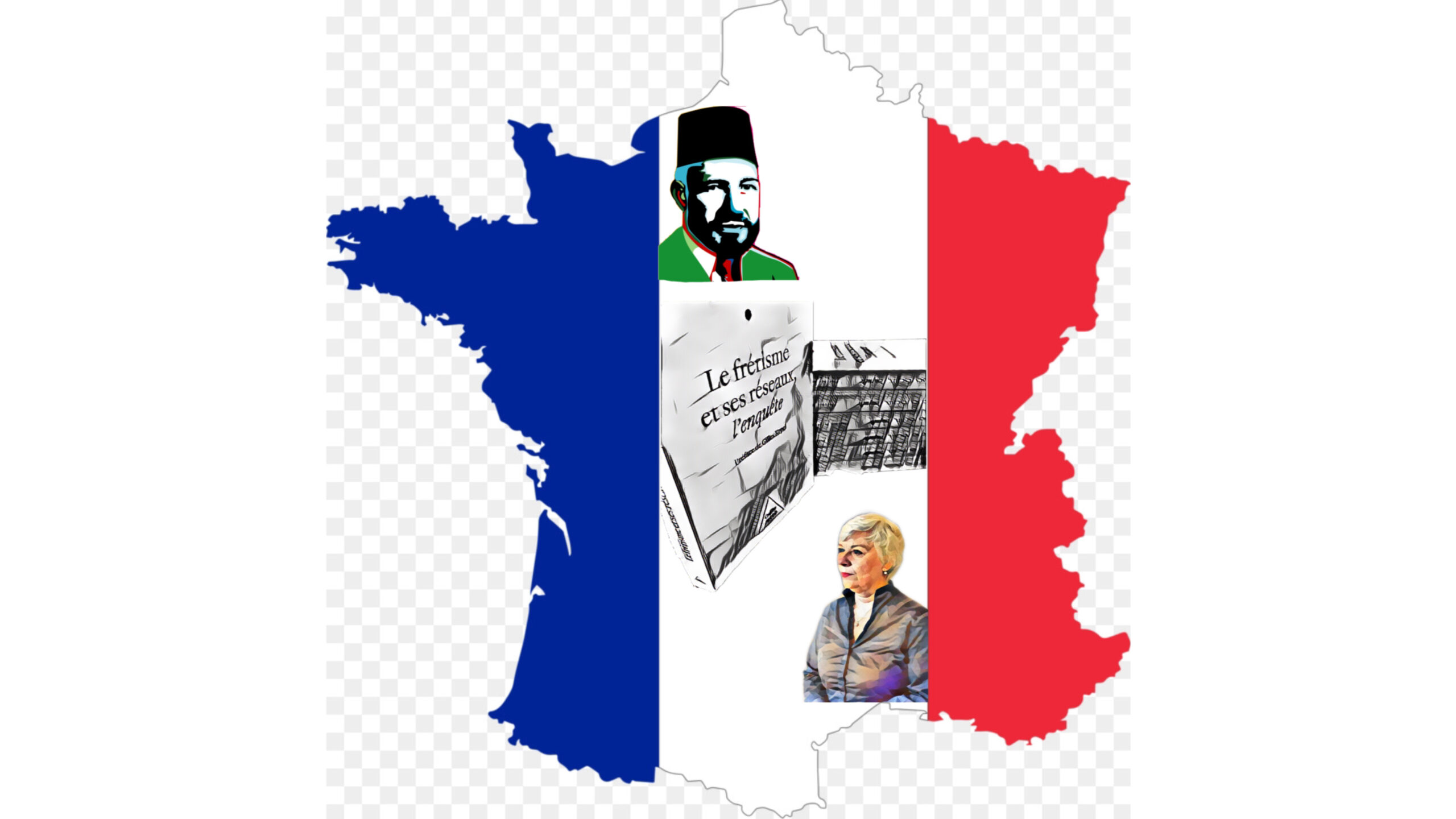United Nations Secretary General Kofi Annan said protests over cartoons depicting the prophet Muhammad that resulted in violent demonstrations by Muslims around the world are being fuelled by extremism. “Those who shout loudest or act in the most provocative ways, are not necessarily typical of the group on whose behalf they claim to speak,” Annan said yesterday, according to the UN’s Web site. “We must appeal to the majority to speak up and denounce those who disrespect values.” Religious and other leaders must promote discussion between Islamic and Western societies, Annan told a meeting in Qatar of the High-Level Group for the Alliance of Civilizations, a panel he set up last year to bridge gaps between Islam and the West. Protests have taken place in countries such as Pakistan, Iran, Indonesia and Turkey since newspapers in Europe earlier this month reprinted cartoons first published in September in Denmark. Any visual depiction of Muhammad is considered blasphemy, according to the teachings of Islam. One of the cartoons depicts Muhammad wearing a bomb in place of a turban. More than 20,000 people attended a rally yesterday in Pakistan’s southern city of Karachi, the latest in a series of protests in the country over the cartoons, Agence France-Presse reported. At least five people have been killed in violence during rallies in Pakistan. Pakistan Arrests Police detained several political leaders in Lahore yesterday to prevent a protest march taking place. They included Qazi Hussain Ahmed, the head of a six-party alliance of Islamic groups in Pakistan, and Imran Khan, a former captain of Pakistan’s cricket team, who formed the Movement for Justice Party, AFP said. The 12 cartoons were first published in Denmark’s largest broadsheet, Jyllands-Posten in September. They were reprinted earlier this month in France, Norway, Austria, Germany and other counties sparking Muslim protests. Editors in European countries said they were defending freedom of expression by reprinting the cartoons. Carsten Juste, editor-in-chief at the Aarhus-based Jyllands-Posten, apologized for offending Muslims in a statement on the newspaper’s Web site Jan. 31. Violent protests earlier this month left at least 11 people dead in Libya, 16 people killed in Nigeria and 11 in Afghanistan. “Some of the violent reactions have encouraged extremist groups within European societies, whose agenda is to demonize Muslim immigrants or even expel them,” Annan said, according to the UN. “The republication of the cartoons, and the support for them voiced by some leaders in Europe, have strengthened those in the Muslim world who see Europe, or the West as a whole, as irredeemably hostile to Islam and encourage Muslims to always see themselves as victims.” Left to Extremists Without the efforts of groups such as the High-Level panel, the exchanges between Islam and the West will be left to extremists, Annan said. Retired South African Archbishop Desmond Tutu and theologians such as Ismali Serageldin of Egypt and Mehmet Aydin of Turkey are among the members of the panel. Annan two weeks ago called on Muslims to refrain from violence over the cartoons. Muslims should accept the apology given by the Danish newspaper, he said Feb. 5.
Annan Says Protests Over Cartoons Being Fuelled By Extremists






